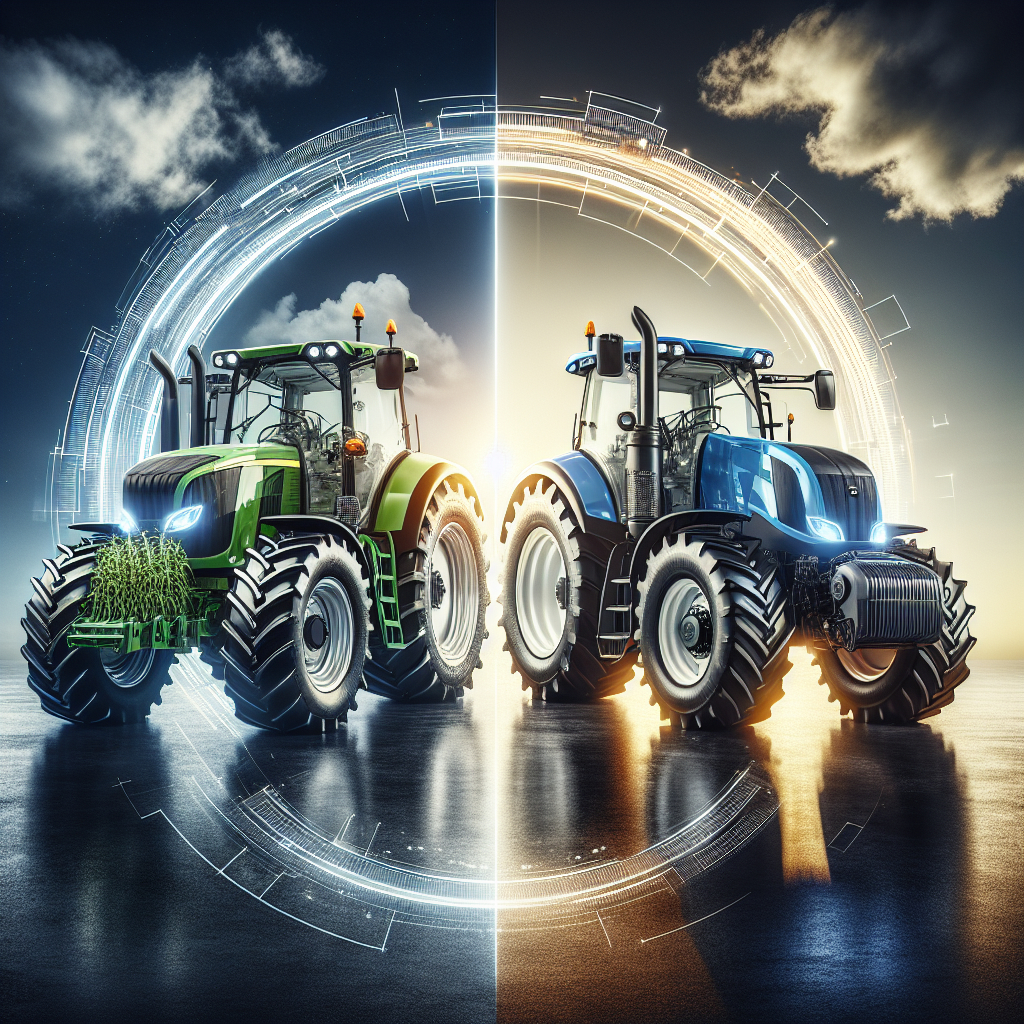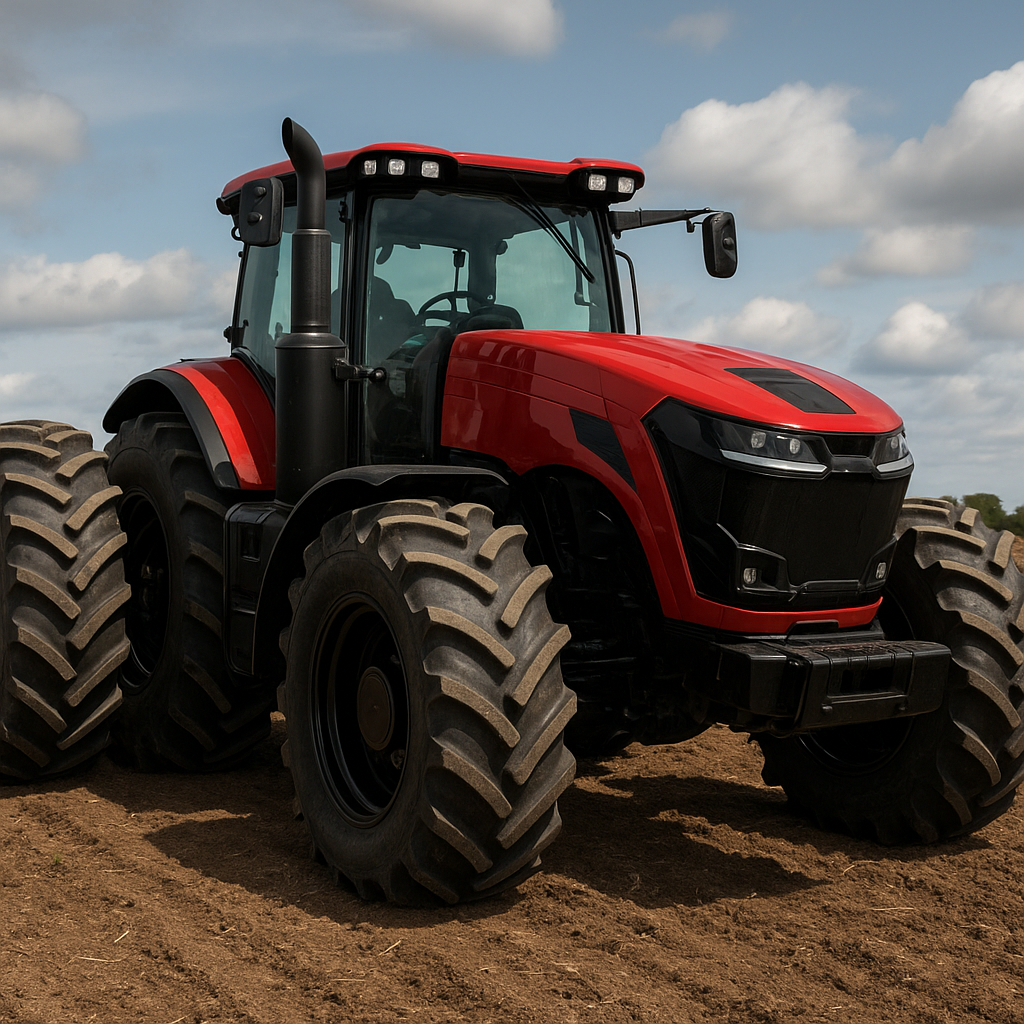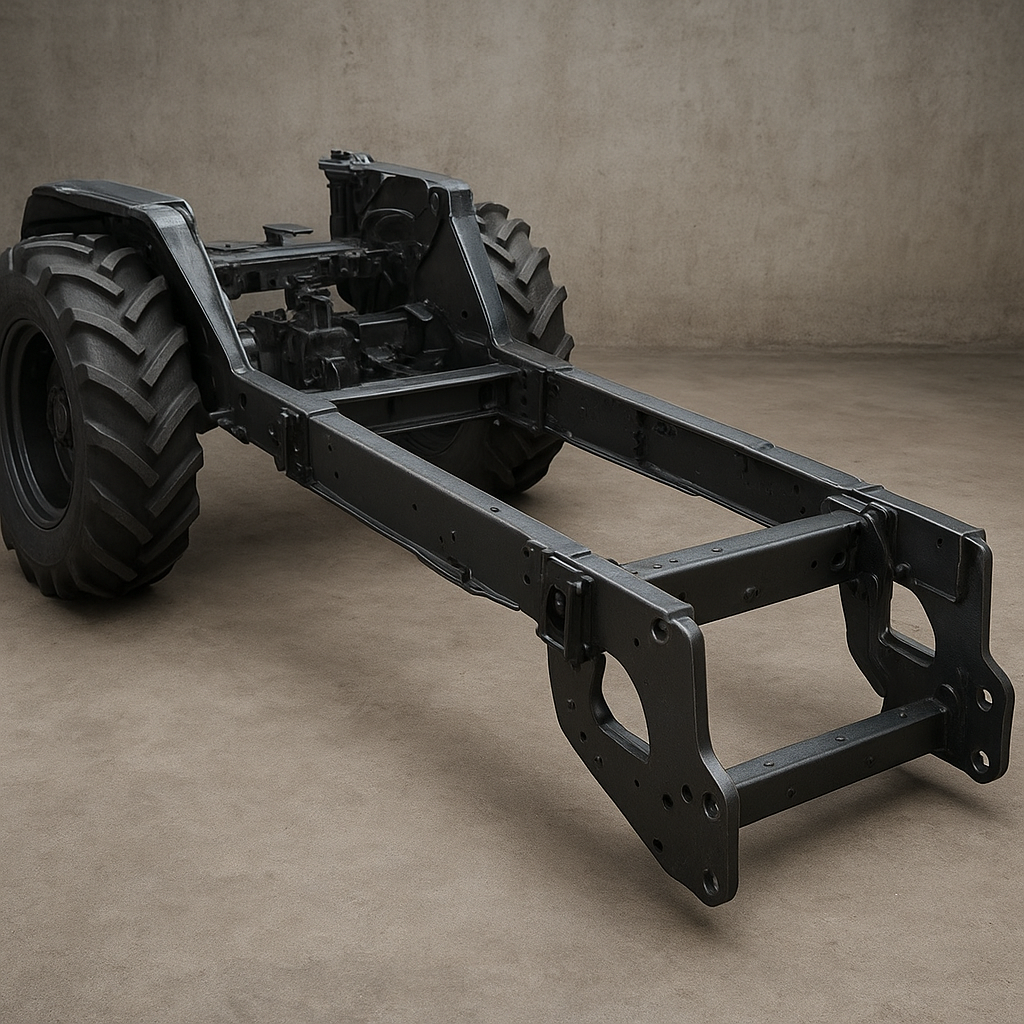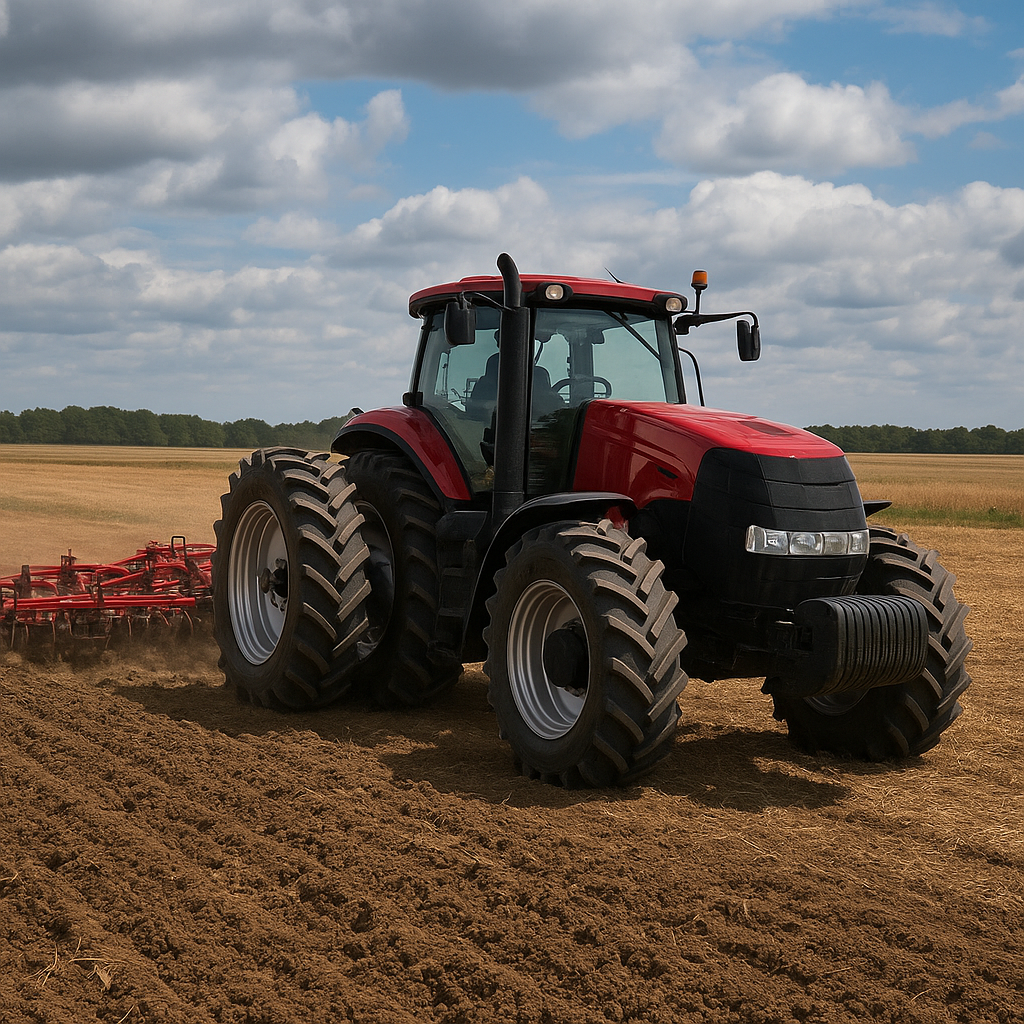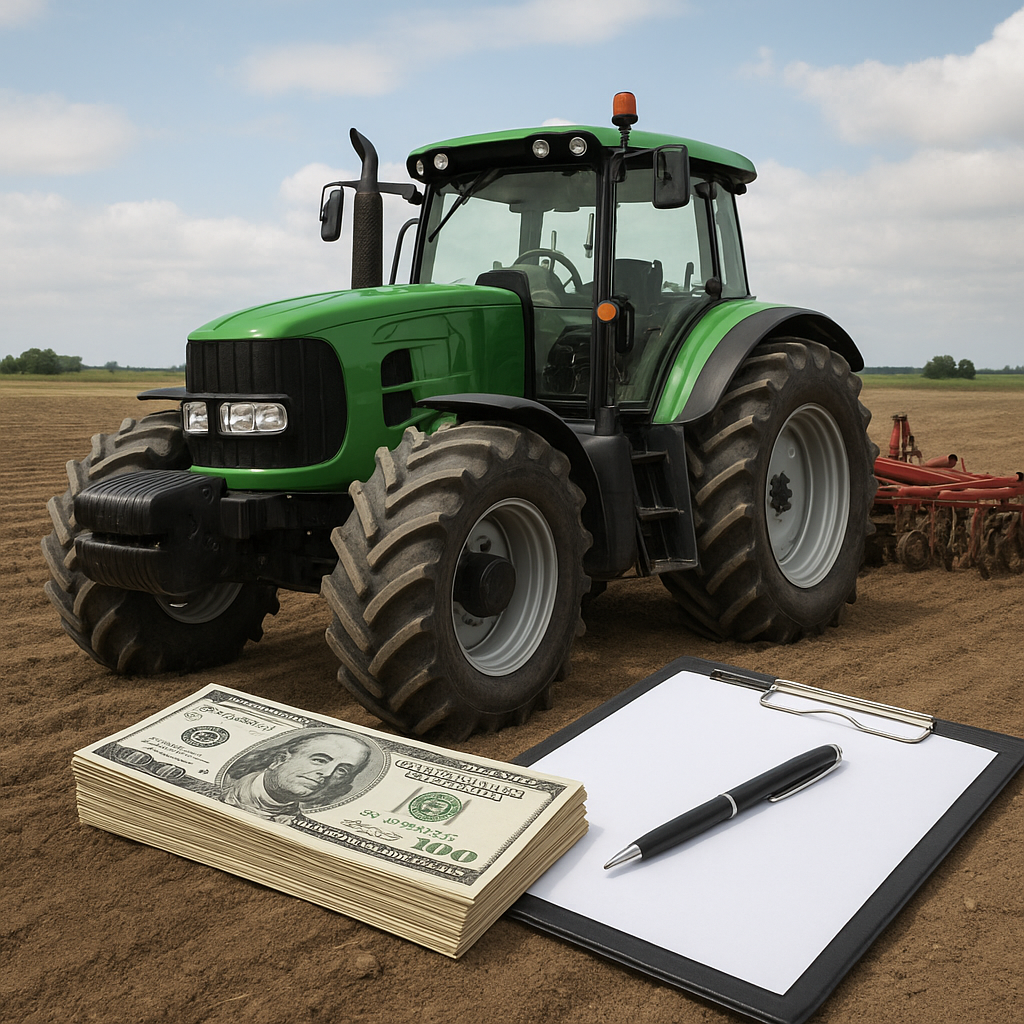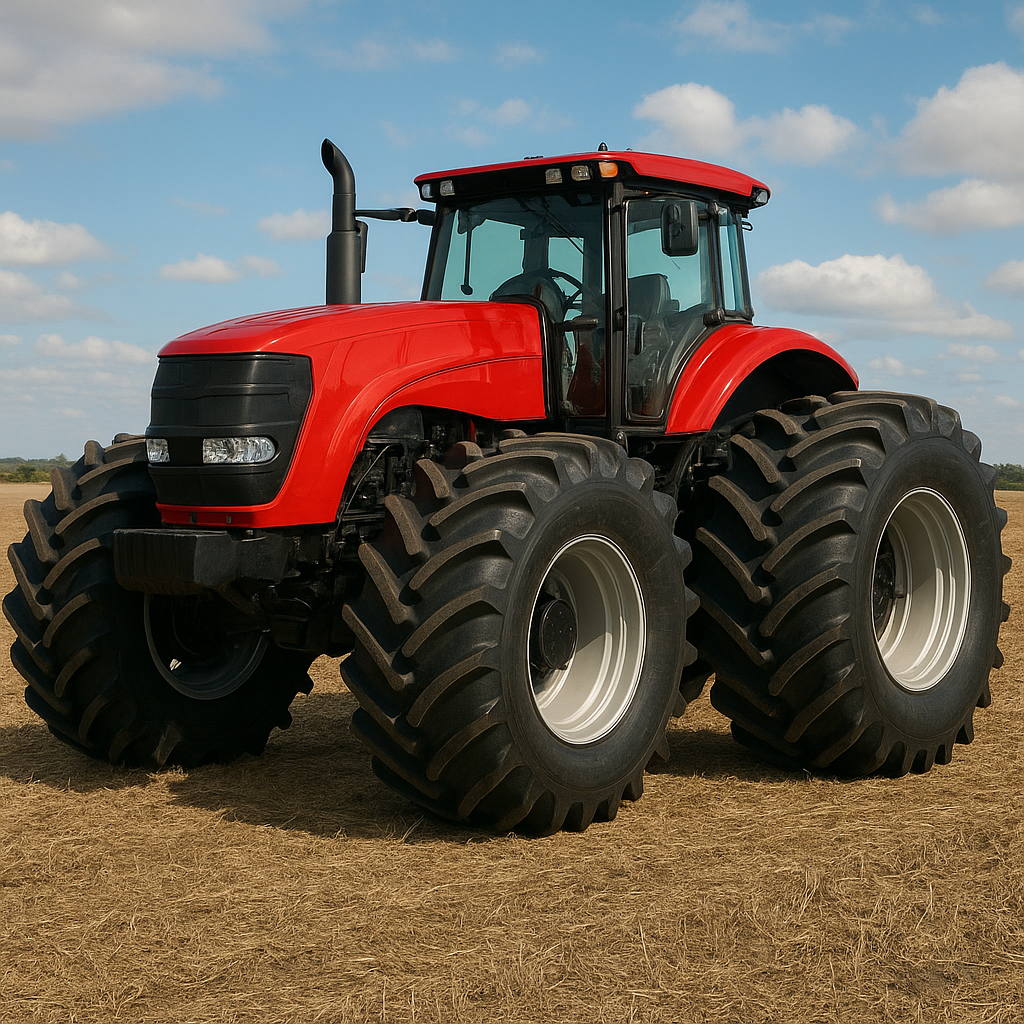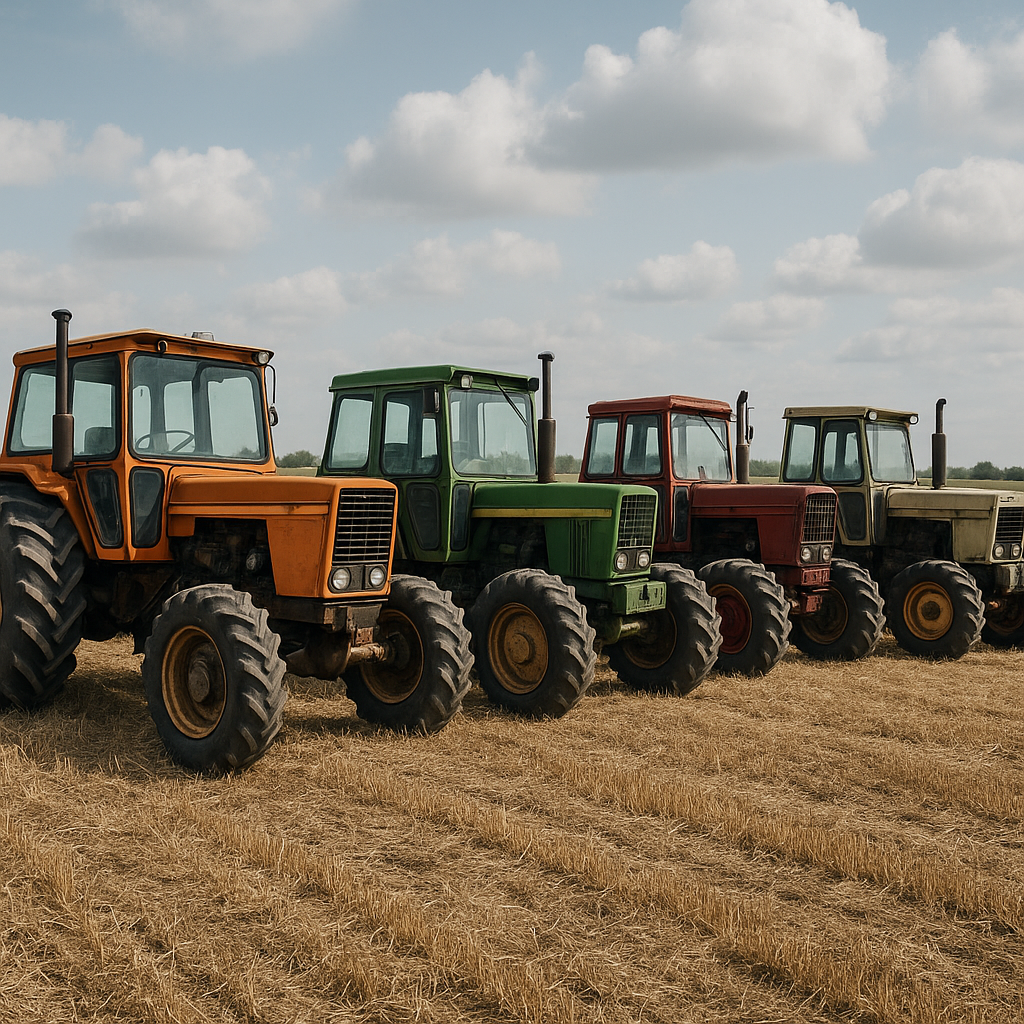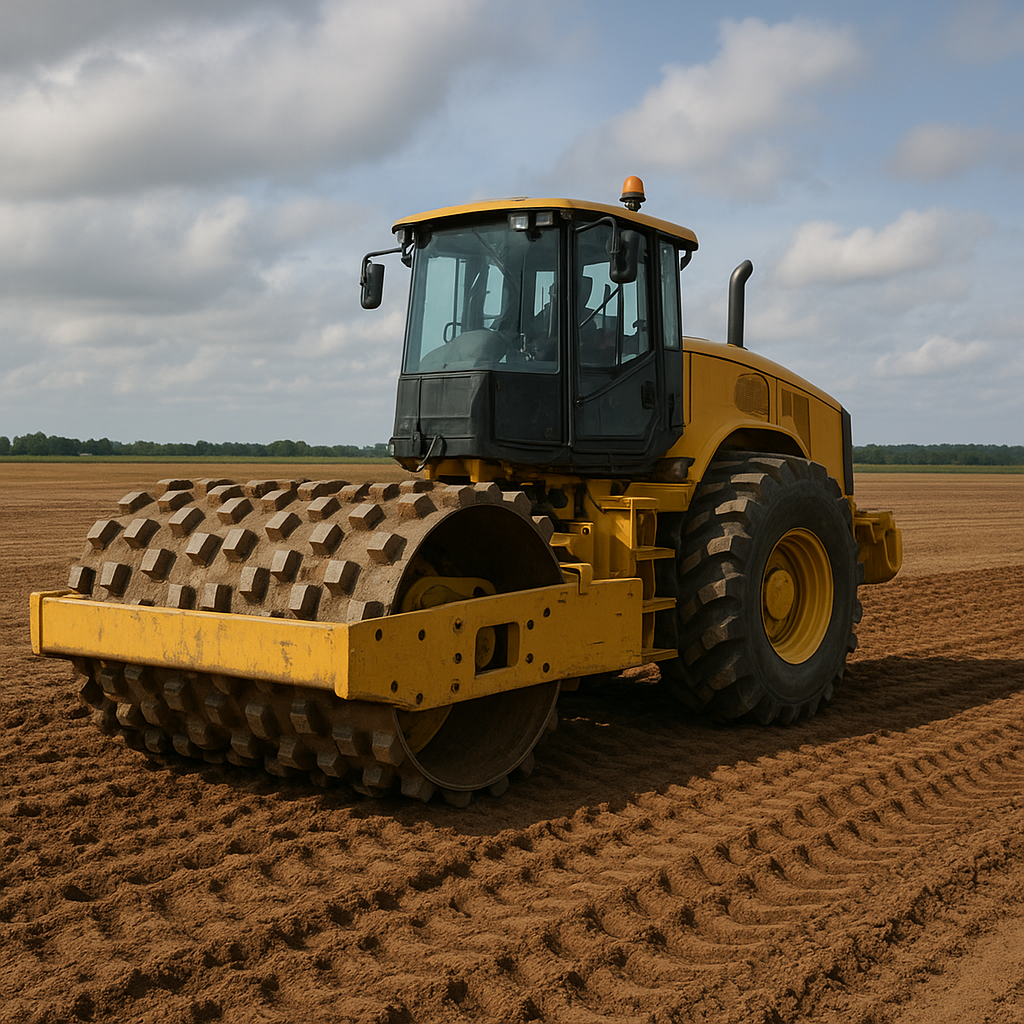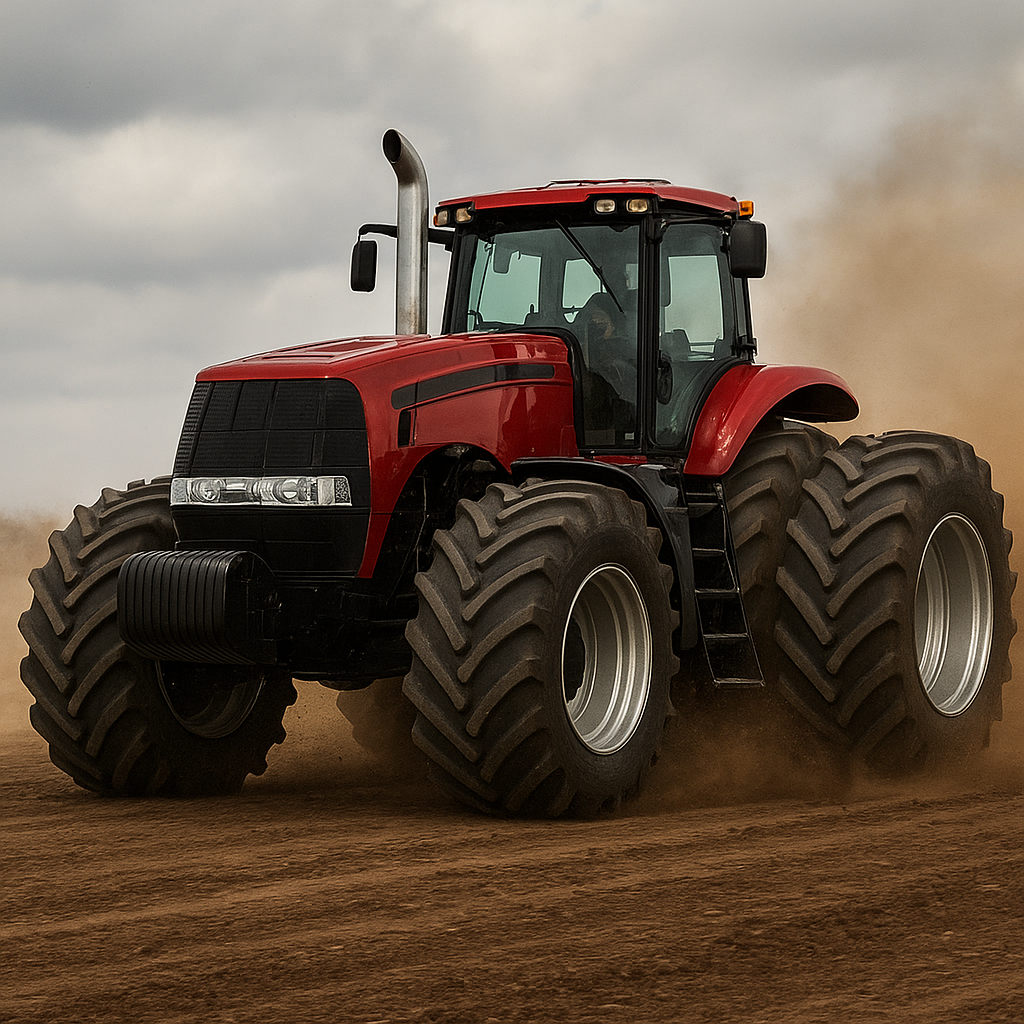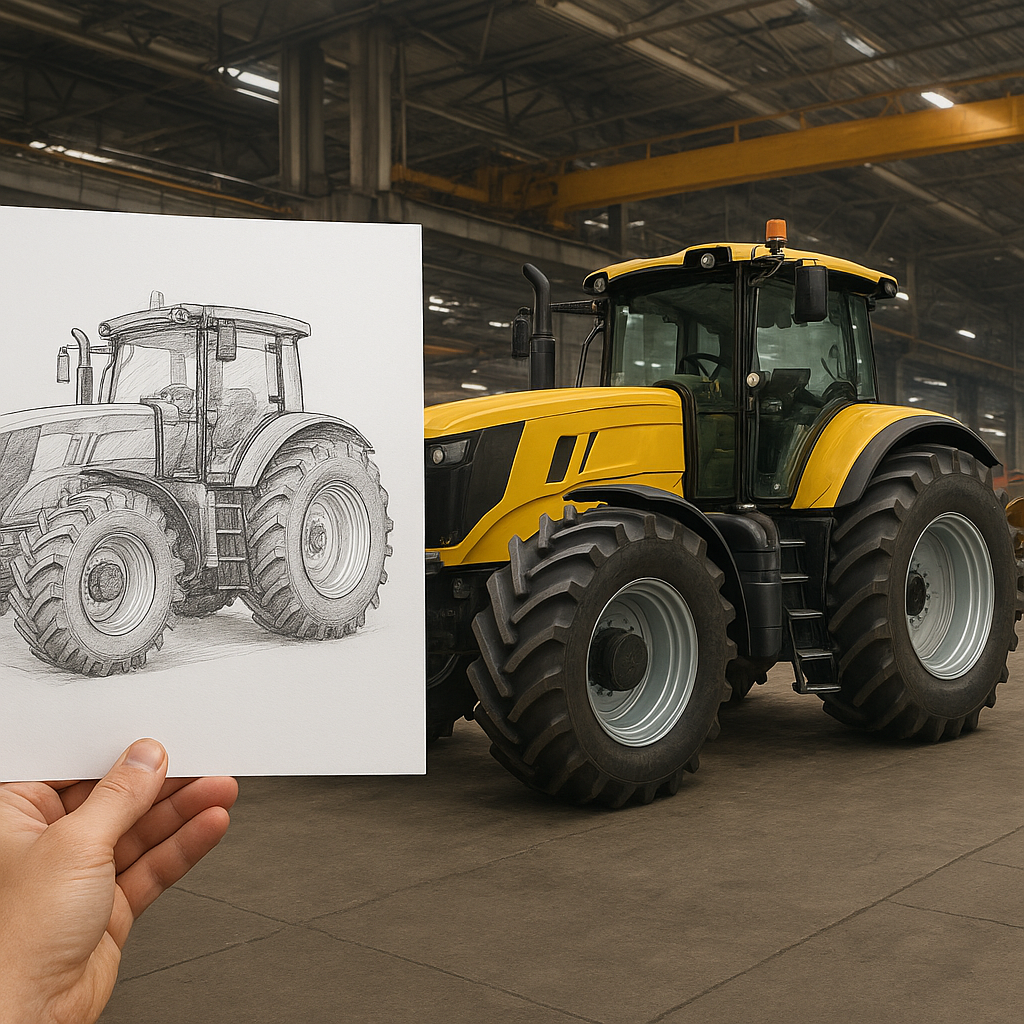In the world of modern agriculture, the debate between diesel and hybrid tractors is becoming increasingly relevant. As technology advances, farmers are faced with the decision of choosing between traditional diesel-powered tractors and the newer, more environmentally friendly hybrid models. This article aims to compare the power and efficiency of diesel and hybrid tractors, providing a comprehensive overview of their advantages and disadvantages.
Power and Performance
When it comes to raw power, diesel tractors have long been the industry standard. Diesel engines are known for their high torque and ability to handle heavy loads, making them ideal for large-scale farming operations. The robust construction of diesel engines allows them to operate efficiently under extreme conditions, such as plowing through tough soil or hauling heavy equipment.
On the other hand, hybrid tractors combine an internal combustion engine with an electric motor, offering a different approach to power delivery. While hybrid tractors may not match the sheer power output of their diesel counterparts, they excel in providing consistent and smooth performance. The electric motor in a hybrid tractor can deliver instant torque, which is particularly useful for tasks that require precise control, such as planting and cultivating.
One of the key advantages of hybrid tractors is their ability to switch between power sources. During light-duty tasks, the electric motor can handle the workload, reducing fuel consumption and emissions. For more demanding tasks, the internal combustion engine can kick in, providing the necessary power. This flexibility allows hybrid tractors to adapt to a wide range of farming activities, making them a versatile choice for modern farmers.
Efficiency and Environmental Impact
Efficiency is a critical factor in the debate between diesel and hybrid tractors. Diesel engines are known for their fuel efficiency, especially when operating at high loads. However, they also produce significant amounts of greenhouse gases and other pollutants, contributing to environmental concerns. The high fuel consumption of diesel tractors can also lead to increased operational costs, particularly as fuel prices fluctuate.
Hybrid tractors, on the other hand, offer a more environmentally friendly alternative. By combining an electric motor with an internal combustion engine, hybrid tractors can significantly reduce fuel consumption and emissions. The electric motor can handle low-load tasks, reducing the need for the internal combustion engine to run continuously. This not only lowers fuel consumption but also decreases wear and tear on the engine, potentially extending the lifespan of the tractor.
Another advantage of hybrid tractors is their ability to regenerate energy. During braking or deceleration, the electric motor can act as a generator, converting kinetic energy into electrical energy and storing it in the battery. This regenerative braking system improves overall efficiency and reduces the need for external charging, making hybrid tractors a more sustainable option for farmers.
Cost Considerations
Cost is a significant factor when choosing between diesel and hybrid tractors. Diesel tractors have been around for decades, and their technology is well-established. As a result, they tend to be less expensive upfront compared to hybrid models. Additionally, the widespread availability of diesel fuel and the extensive network of service providers make diesel tractors a convenient choice for many farmers.
However, the initial cost of hybrid tractors can be offset by long-term savings in fuel and maintenance. The improved fuel efficiency of hybrid tractors can lead to substantial cost savings over time, particularly for farmers with large operations. Additionally, the reduced wear and tear on the internal combustion engine can lower maintenance costs and extend the lifespan of the tractor, further enhancing its cost-effectiveness.
Government incentives and subsidies for environmentally friendly farming practices can also make hybrid tractors a more attractive option. Many countries offer financial incentives for farmers who adopt sustainable technologies, helping to offset the higher initial cost of hybrid tractors. These incentives can make hybrid tractors a more viable option for farmers looking to reduce their environmental impact while maintaining profitability.
Technological Advancements
The rapid pace of technological advancements in the agricultural sector is driving the development of both diesel and hybrid tractors. Diesel engines are becoming more efficient and cleaner, thanks to innovations such as turbocharging, direct fuel injection, and advanced emission control systems. These improvements are helping to reduce the environmental impact of diesel tractors while maintaining their high performance and reliability.
Hybrid tractors are also benefiting from technological advancements, particularly in the field of battery technology. The development of high-capacity, long-lasting batteries is enhancing the performance and efficiency of hybrid tractors. Additionally, advancements in electric motor technology are improving the power output and responsiveness of hybrid tractors, making them a more competitive option for modern farmers.
Another area of technological advancement is the integration of smart farming technologies. Both diesel and hybrid tractors are increasingly being equipped with advanced sensors, GPS systems, and data analytics tools. These technologies enable precision farming, allowing farmers to optimize their operations and improve efficiency. The ability to monitor and control various aspects of farming activities in real-time is transforming the agricultural landscape, making both diesel and hybrid tractors more effective and efficient.
Future Prospects
The future of diesel and hybrid tractors is likely to be shaped by ongoing advancements in technology and changing environmental regulations. As concerns about climate change and sustainability continue to grow, the demand for more environmentally friendly farming solutions is expected to increase. This trend is likely to drive further innovation in hybrid tractor technology, making them an increasingly attractive option for farmers.
However, diesel tractors are unlikely to disappear anytime soon. Their proven reliability, high performance, and established infrastructure make them a staple in the agricultural industry. Continued improvements in diesel engine technology, coupled with efforts to reduce emissions, will ensure that diesel tractors remain a viable option for many farmers.
Ultimately, the choice between diesel and hybrid tractors will depend on a variety of factors, including the specific needs of the farming operation, budget considerations, and environmental priorities. Both types of tractors have their own unique advantages and disadvantages, and farmers will need to carefully weigh these factors when making their decision.
In conclusion, the debate between diesel and hybrid tractors is a complex and multifaceted issue. While diesel tractors offer unmatched power and reliability, hybrid tractors provide a more sustainable and efficient alternative. As technology continues to evolve, the gap between these two types of tractors is likely to narrow, offering farmers a wider range of options to meet their needs. By staying informed about the latest developments in tractor technology, farmers can make more informed decisions and choose the best equipment for their operations.
